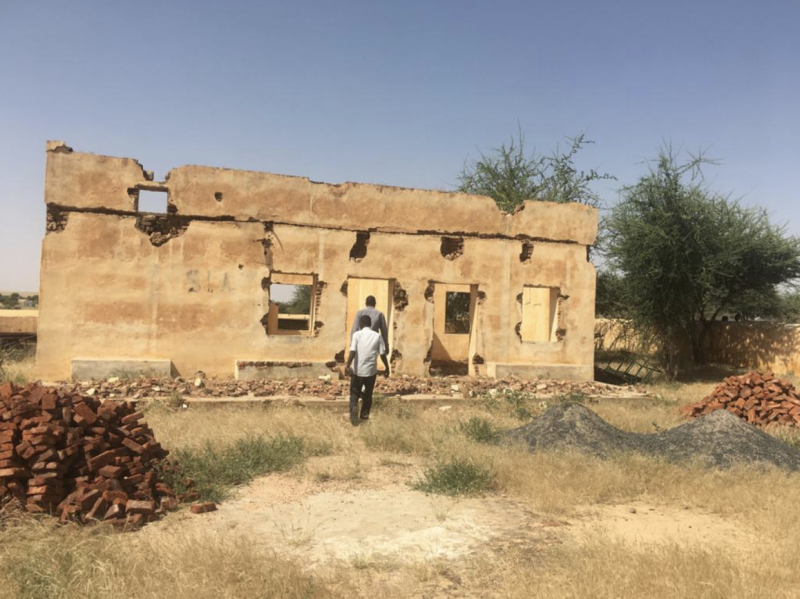
Sudan’s community dialogues empower disadvantaged populations to decide on their health priorities
March 24, 2021
When violence erupted in Darfur in 2004, Bahja Ahmed and her five young children were forced to leave their village. They had spent 12 years living in a camp for internally displaced people (IDPs) in North Darfur State and returned to their home village in 2018 following the signing of the Doha Peace Agreement.
“We returned to our homeland with hope to regain what we lost during the conflict and displacement, but unfortunately we lack basic services. Our health centre was also destroyed during the war,” said Bahja.
To obtain health care, she had to travel long distances by lorry or donkey to the nearest city and pay for services. She often could not afford it.
“The only option for me was to use traditional and herbal medicines,” she said.
WHO, through the UHC Partnership, underscores that supporting vulnerable communities in a post-conflict environment requires a meaningful and community-driven approach to find pragmatic and workable solutions. Working in close collaboration with the Ministry of Health and local health authorities, WHO has established a process to actively involve communities in improving local health services. Through regular participatory meetings between communities and local health authorities, people like Bahja and their families are now able to identify their health needs and priorities and support concrete steps to rebuild and improve services.
“This is the first time for somebody to visit us to discuss our health issues since our return. The dialogue with local officials provided a platform for us to discuss our health issues and activate the village health committee which had not meet for long time,” said El Omda Adam, a community leader in Bahja’s village, Darfur.
Health equity means leaving no one behind
Community engagement is an important and integral process for any health system development effort, especially to improve health equity and achieve universal health coverage (UHC). Pursuing health equity means striving for the highest possible standard of health for all people and giving special attention to the needs of those who are at the highest risk of poor health, because of their low socioeconomic conditions.
Sudan’s Darfur region has faced many difficulties over the past decades, with its population suffering from the devastating impact of the war leading to death, disease and displacement for millions. Now, many people who previously fled to IDP camps are returning to their home villages. They arrive back to find little infrastructure remaining, and extremely limited health services available.
“The bottom-up approach is important to strengthen community engagement and to enable our societies to be part of the decision-making process. The community’s role is a cornerstone towards attaining universal health coverage in Sudan,” said Dr Arwa Gaddal, Director of states support and local health system strengthening Department, Federal Ministry of Health.